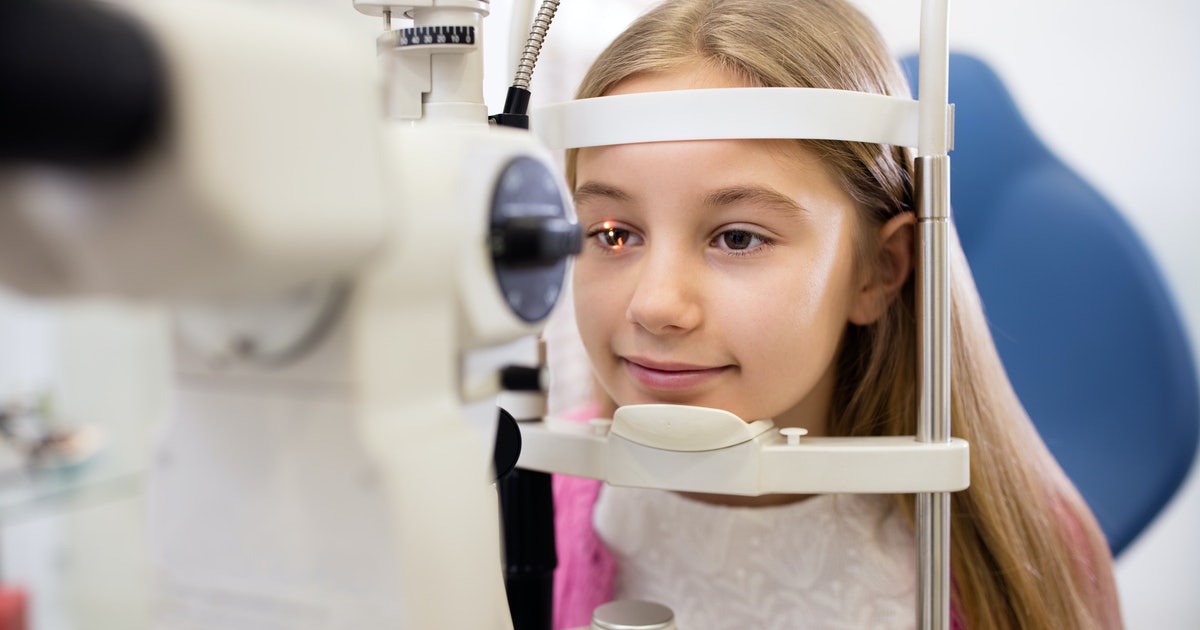Many external factors hurt our eyesight every single day – exhaust fumes, smog, solar radiation, pollen, and 8h spent on the computer at work or simple TV watching.
To avoid dry eyes, it’s necessary to use eye drops regularly. But if you want to take care of your vision from the inside, a properly-balanced diet is a key.
Hotze Health and Wellness Center claims that when it comes to optimizing your overall health, the best place to start is through a diet of natural, nutrient-rich whole foods. If you want to make sure you choose the right foods for your healthy vision diet, you should start by defining what kinds of vitamins and microelements your eyes need.
Below we pointed out a vision-friendly group of nutrients and foods:
Nutrients
Omega 3 fatty acids – studies show that omega 3 fatty acids can help adapt eyes, prevent degeneration and dry eye syndrome. It also significantly slows down age-related vision loss.
Food recommendations: The best source of omega 3 fatty acids are fatty fish:
- Salmon
- Mackerel
- Herring
- Sardines
- Oysters
- Anchovies
If you’re not a fan of fish, you can also consider eating soybeans, flaxseed, and walnuts.
Vitamin A
Vitamin A is crucial for human sight. It has a significant impact on the retina and its proper functioning, which lets us receive all the stimuli without interruption. Vitamin A deficiency causes a risk of developing so-called night blindness – a vision defect that appears as visual impairment in low light conditions.
Food recommendations: The presence of vitamin A is a bit more diverse; you can mostly find it in:
- Carrot
- Sweet potatoes
- Spinach
- Broccoli
- Red pepper
- Cod liver
- Beef liver
- Ricotta cheese
- Butter
Vitamin E
Vitamin E increases the absorption of vitamin A and the level of hydration in eyeball tissues. It’s also an excellent antioxidant that protects the eyesight and supports its operation and visual acuity. Vitamin E is an anti-aging nutrient for our vision; it also prevents blood vessels’ damage.
Food recommendations: The best and most popular source of vitamin E are nuts, but you can also find it in different foods:
- Sunflower seeds
- Almonds
- Beetroots
- Avocado
- Spinach
- Bran
- Oat flakes
- Poultry
Vitamin C
Vitamin C is another powerful nutrient that helps to keep your vision in good condition. It also affects the production process of tears.
Vitamin C can prevent the development of cataracts and nourish eye tissues. Like vitamin E, it also has an impact on blood vessels and improves the durability and level of blood supply.
Food recommendations: Everybody points lemon as the best source of vitamin C, which, in fact, isn’t true. Lemon indeed has vitamin C, but below, you can find better sources of this nutrient:
- Parsley
- Sauerkraut
- Brussels sprouts
- Strawberries
- Broccoli
- Kiwi
- Rosehips
- Red currant
- Grapefruit
Lutein, zeaxanthin
The presence of xanthophylls (i.e., lutein and zeaxanthin) in the macula is important for the retina because of its protective role against free radicals. Lutein and zeaxanthin are strong eye-cleaning antioxidants. Moreover, they also protect our vision from the harmful effects of light, especially a blue one, which is considered the most harmful.
Food recommendations: The human body does not produce lutein itself, so it’s essential to provide a proper amount of it with food. The best source is the greens:
- Collard greens
- Kale
- Spinach
- Peas
- Asparagus
- Lettuce
- Broccoli
- Nectarines
- Eggs
- Corn
- Squash
Zinc
Zinc can be found in the retina of the eye. As well as nutrients above, zinc is an antioxidant protecting our vision from free radicals. This microelement also helps our eyes to adjust in the darkness.
Food recommendations: Zinc is one of the essentials needed to keep our vision healthy. If you suffer from zinc deficiency, it’s better to eat animal products, rather than plant-based meals.
- Red meat
- Oysters
- Dark chocolate
- Chickpeas
- Tofu
- Tomatoes
- Quinoa
- Yogurt
The bottom line
Healthy vision diet should not be based on processed meals. Foods listed above have high digestibility and will surely help you keep your eagle eye.
If your lifestyle puts a strain on your vision, you can also help yourself in other ways. First of all, don’t smoke – cigarette smoke irritates and dries the eyes. Also, after a hard day spent in front of the computer, go for a walk, let your vision rest.
Last but not least, get yourself a good pair of sunglasses. Especially during a sunny day, our eyes are exposed way too much to the sunlight. Take care of your eyes by wearing sunglasses and hiding in the shade from time to time.












